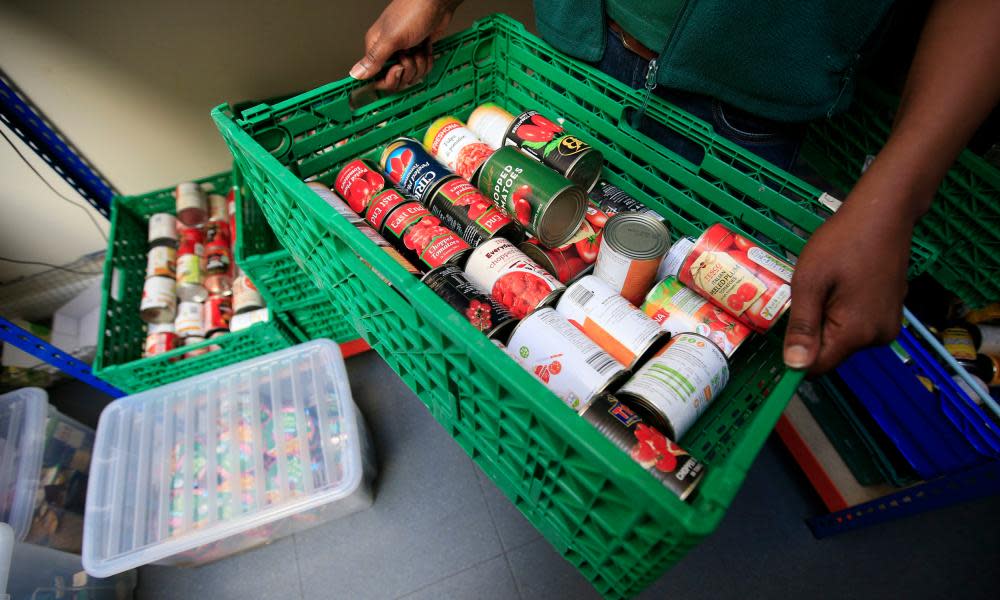The Guardian view on welfare shambles: ministers must be accountable

The Conservative overhaul of welfare is a chronicle of a tragedy foretold. It was never plausible that untested schemes so large that they could be seen from space would allow billions to be cut from benefits without causing pain to the poor. Yet ministers have persisted with the idea that they could do so. It is a narrative that allowed them to evade rational debate by using different facts. This is why Tory ministers say silly things, such as that food bank users typically use them because of a cashflow problem rather than poverty. It might explain why welfare ministers were not willing to act on the evident disaster of their flagship sickness benefit changes. On the kindest reading, they discounted critics as merely carping.
Yet ineptitude and a culture of indifference means the government will now have to find more than £1.7bn in backdated payments to welfare recipients. This is five times the amount it had expected to pay out. It will see 180,000 people receive an average of £5,000 in compensation and claimants be paid £700m in higher benefits. The scale of human hardship this suggests is staggering. The blame rests squarely with Tory ministers. In 2011 the government, in one of its big-bang welfare changes, began moving people from older-style benefits to the new employment and support allowance (ESA). The Department for Work and Pensions proceeded with the conversion but did not check, as legally required, that claimants were receiving the right level of benefit. Although mistakes were being picked up in 2013 there was a lack of urgency in tackling the error. Incompetence allowed the problem to grow. There was an unwillingness to listen to experts. It was six years before the department began to address the mistake. It has taken eight years for ministers to come clean about the gigantic dimensions of their error, despite critical reports by the National Audit Office and parliamentary committees.
The work and pensions secretary, Esther McVey, did not even turn up in person on Thursday to explain the shambles to MPs. Instead, her deputy stepped up with a claim that ministers had been “utterly transparent … about this error”. That is untrue. The government had not said anything about it until last year. Ms McVey has already been reprimanded for misleading parliament over the Tories’ biggest welfare shake-up, universal credit. Her indifference to facts borders on the insolent. Ms McVey’s speech to the Tory party conference attacked “fake news” of benefit cuts yet two weeks later she was briefing the cabinet of £200-a-month cuts to families on universal credit. Those changes are at a make-or-break moment. Unless the lessons of the ESA debacle are learned, universal credit claimants might be left out of pocket by far more than the cabinet minister is prepared to admit. Despite overseeing monumental failures, Ms McVey remains in post. Mendacity in welfare allows Tories to evade engagement with facts. This needs to stop. Without facing up to mistakes, one cannot learn from them – and in welfare it is the poorest who will pay.

 Yahoo News
Yahoo News 
